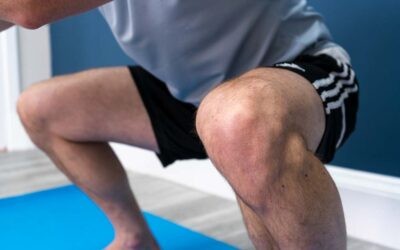We know it is hard. The weather is cold, the mornings are dark and now you think you have caught a cold or flu. Ugh.
You don’t feel like exercising and sometimes that is the best idea. Your body needs rest and fluids and maybe a box set or two.
But how long does it take to feel you are sitting in a stuffy room full of your own germs?
Have you tried the neck test? Sounds weird right? It is really very simple.
Symptoms above the neck – runny nose, scratchy throat, some sneezing, all suggest a cold.
This is the sweet spot where your immune system is doing its thing and some fresh air is likely to make you feel a bit better. In fact a wee walk or some low intensity exercise, given you don’t feel worse, can give your immune system a boost helping to fight off the infection and make you less at risk in the long term.
Below the neck? Chest congestion, vomiting, aching muscles, diarrhoea, swollen glands.
Poor you!
Your body is already under attack and needs all its resources to fight. Under these circumstances your cardiovascular system is likely to already be under stress combating the infection and exercise will only increase this stress and possibly lengthen your recovery time.
Whether a cold or a flu there is not much you can do to speed up your recovery, but once you begin to see glimmers of hope as your head clears and energies return you can think about when you might be able to resume your usual workout routine.
If you have suffered a flu don’t be too quick to jump off the couch. Although you might feel better your body is likely to need more time to recover back to full fitness so a build up to full intensity over 2-4 weeks is best.
A mere cold however can see you donning your exercise gear and bagging your usual intensive training sessions a few days after your symptoms have gone.
To avoid becoming a snot stained, lemsip quaffing, box set binging poor soul again? Your immune system has to be in tip top condition. Your active lifestyle is a good place to start along with reducing stress, getting enough sleep and fuelling your body with the right nutrition.
Here are some more tips and resources on de-stressing, sleeping and nutrition to help strengthen the building blocks of your immune system.
If you or someone you know would benefit from speaking to our physiotherapy team you can get in touch on 0333 301 0205 or email treatment@optimalphysio.co.uk or book online here.


0 Comments